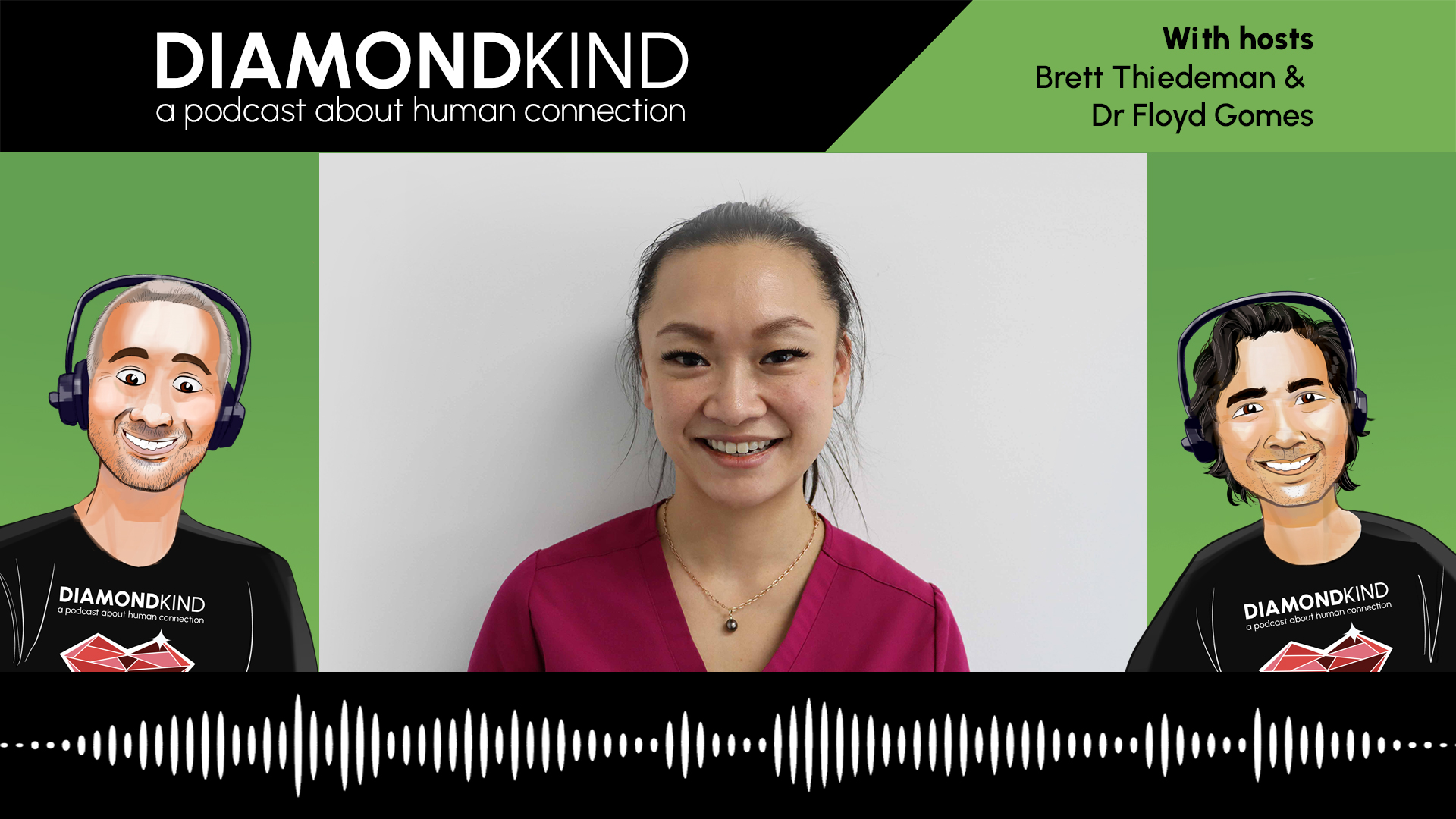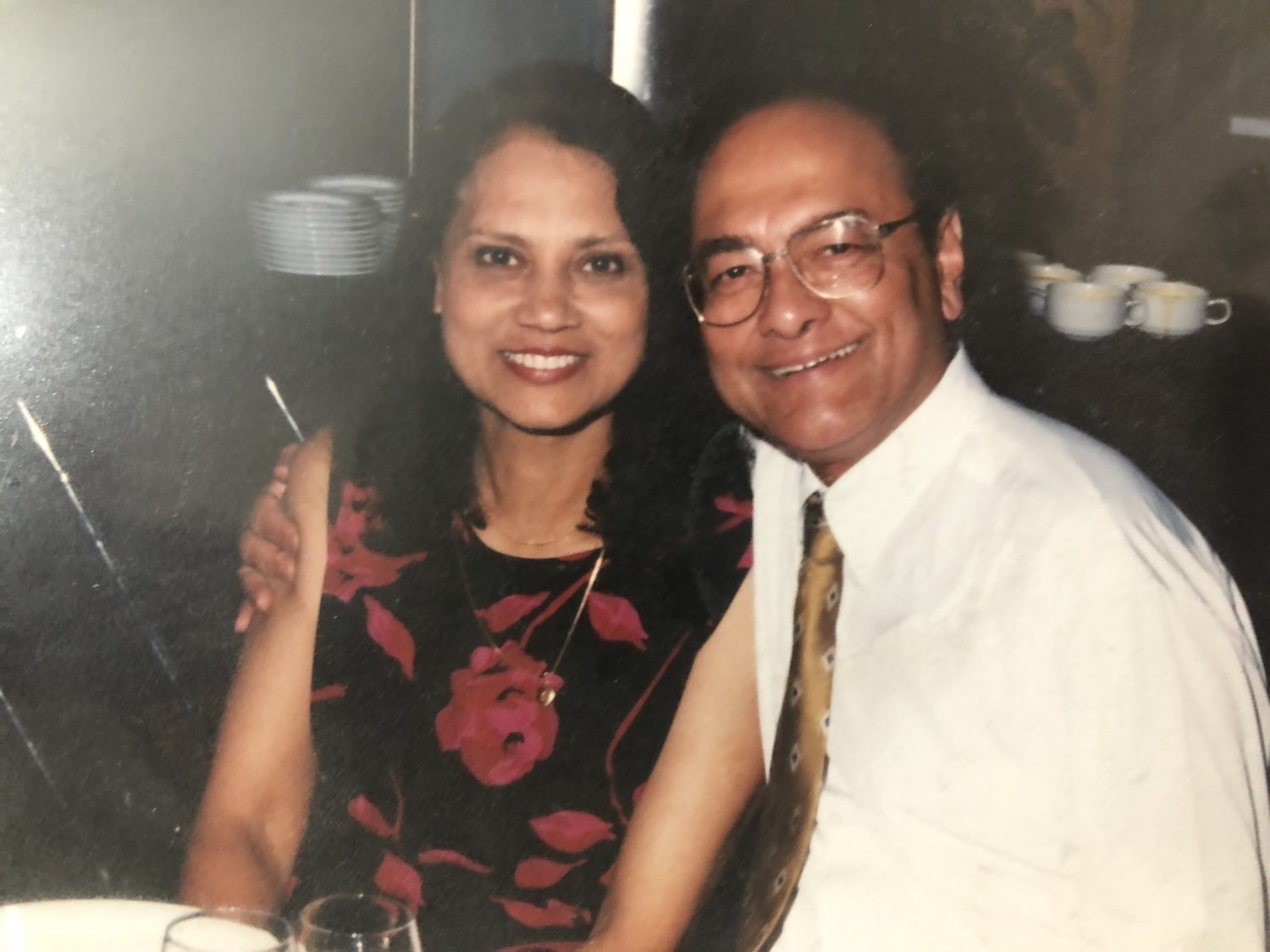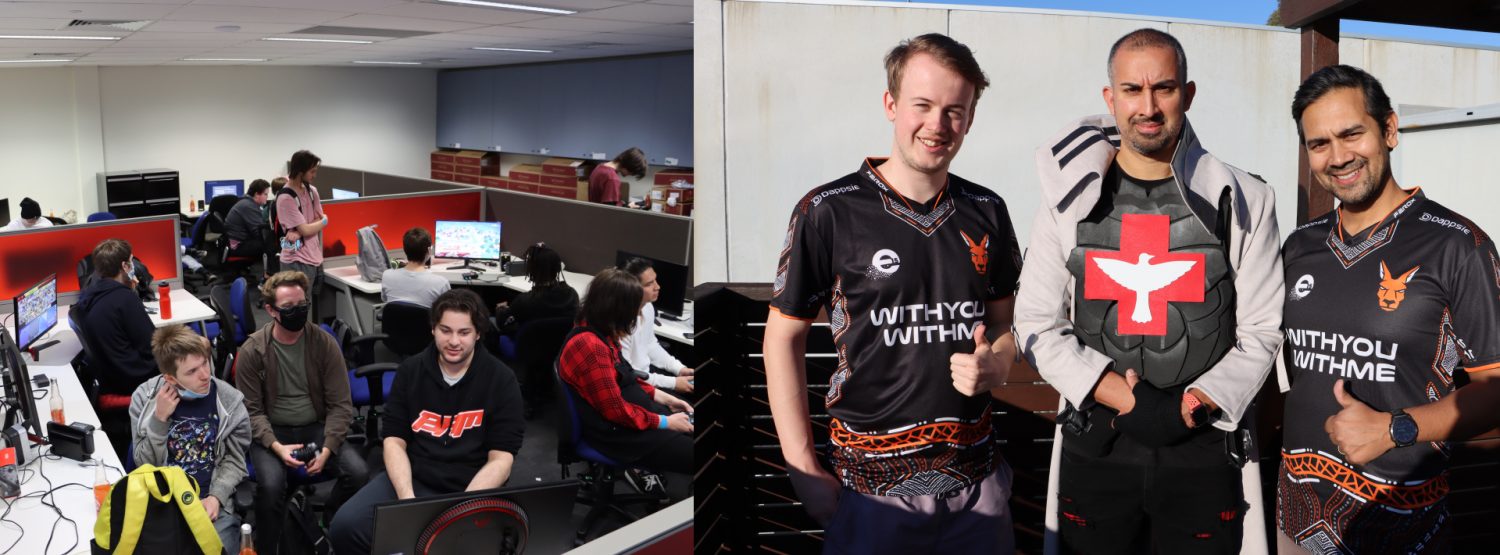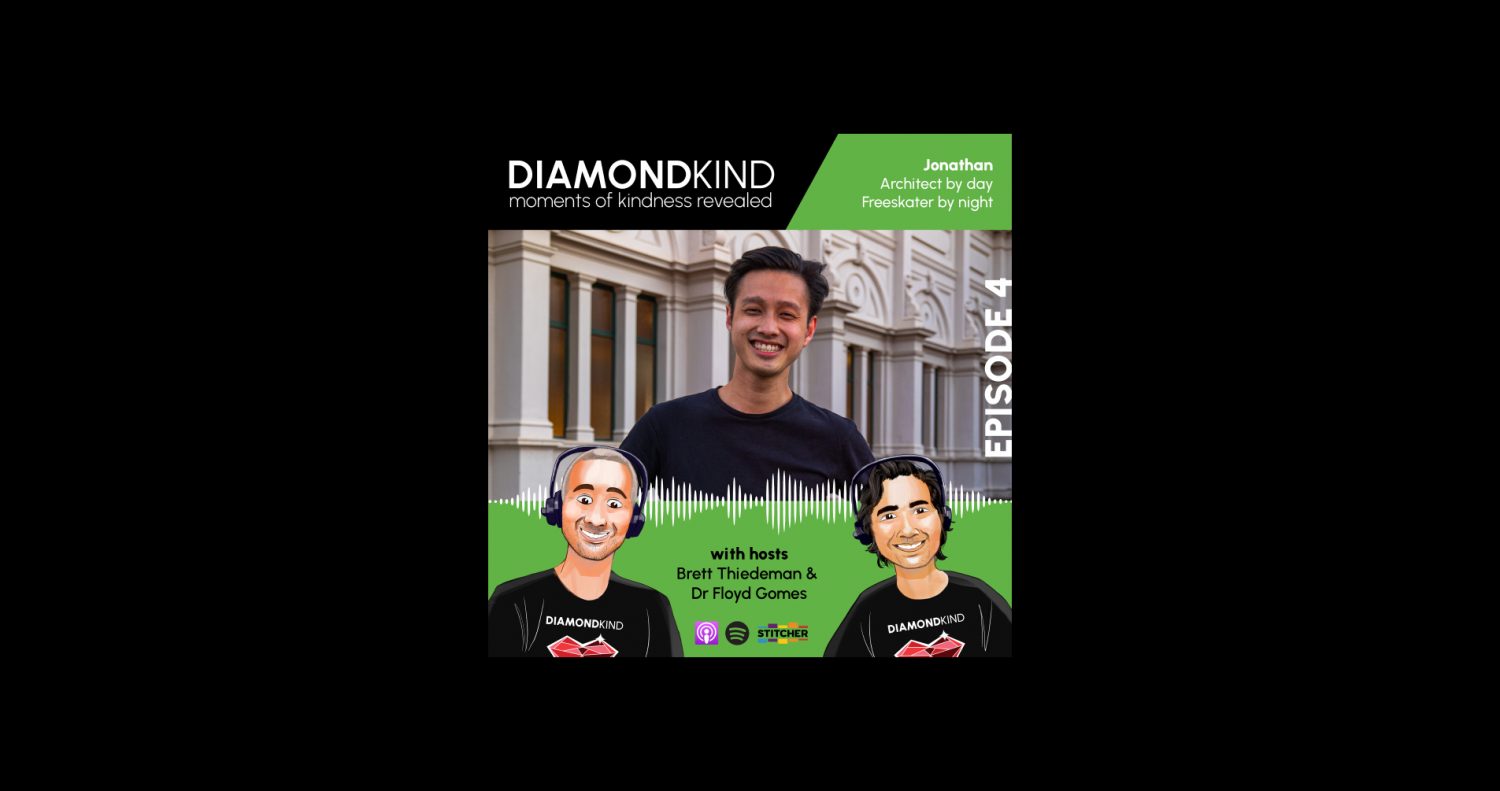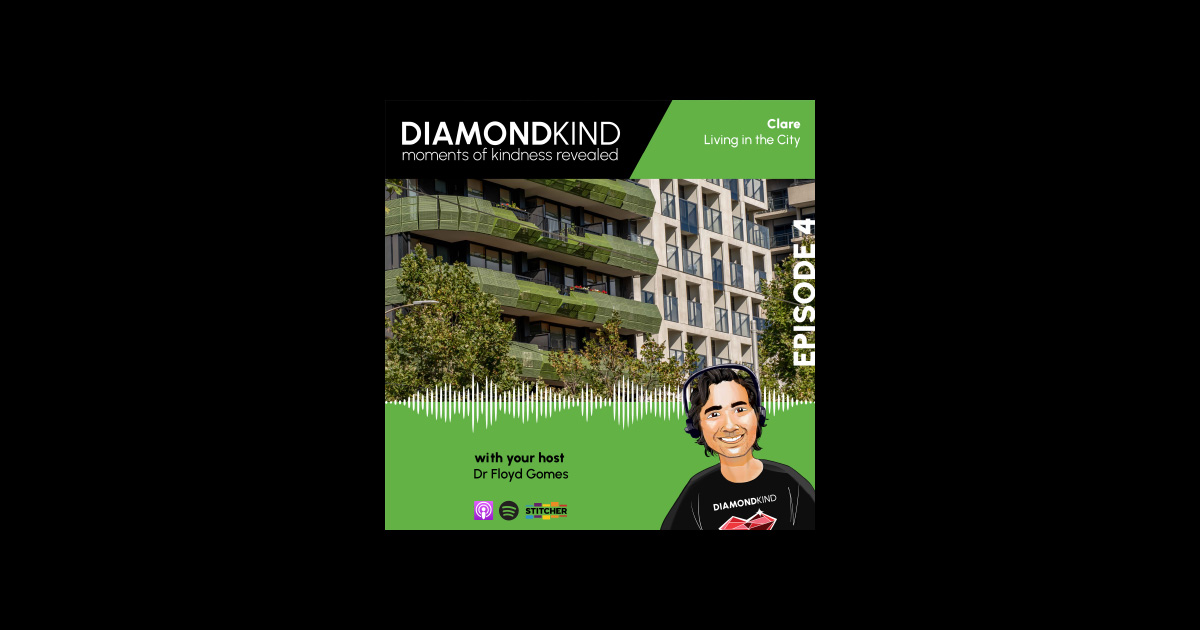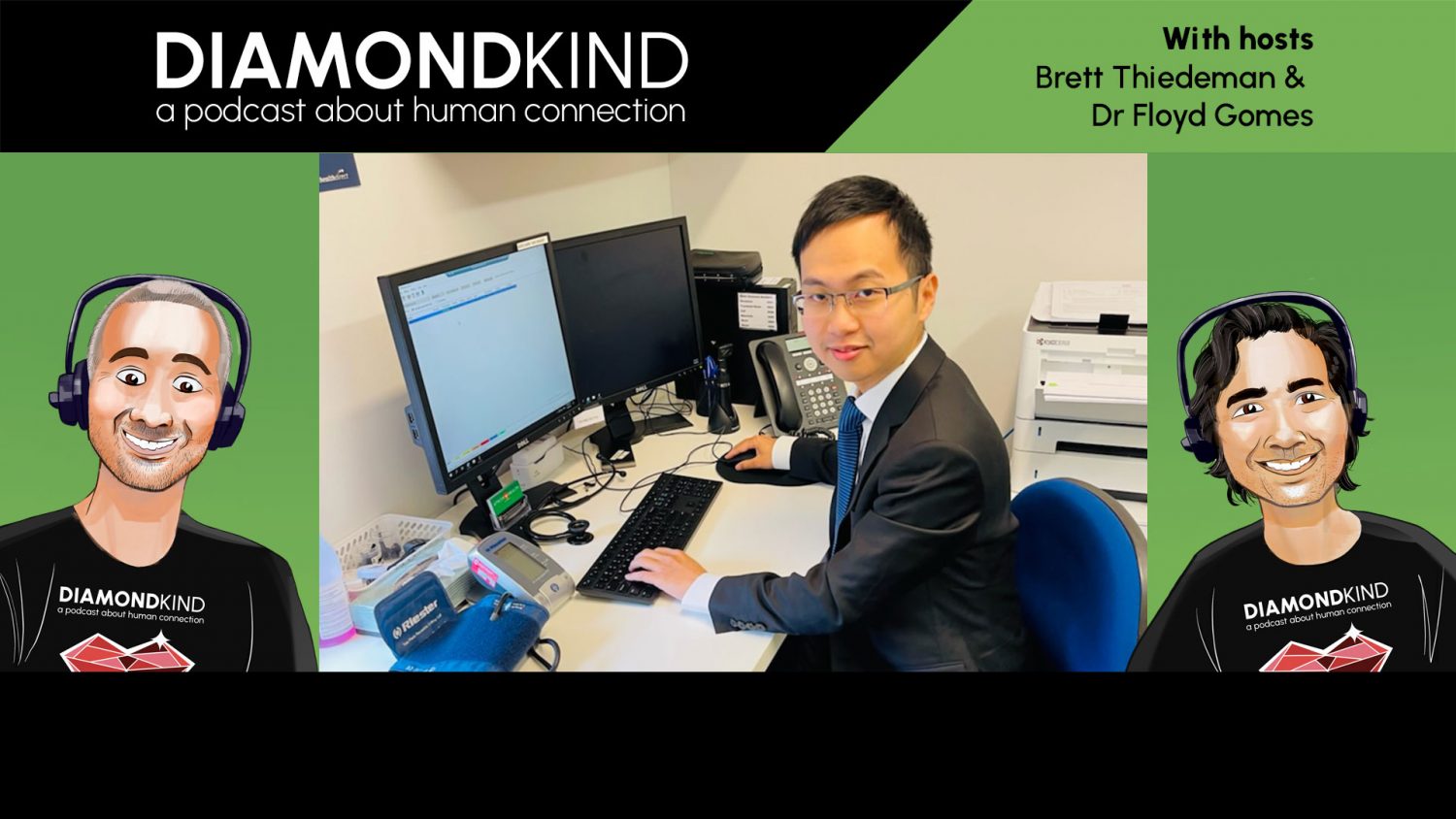In episode 7 of Diamond Kind Podcasts, Brett is joined by our special guest, Anastasia Stephanie Rahardja who talks about women’s health and a personal story about her father.
Trancription:
Floyd Gomes 0:02
We all have pressure in our lives and pressure makes diamonds. And yet, in the heat of a moment that pressure can lead to various ways that we handle a situation, either aggressively or bringing out some degree of kindness. And that’s what “Diamond Kind” is about
Brett Thiedeman 0:27
Hello, hello, hello and welcome to the next episode of the Diamond Kind podcast. And just telling Nathan, who I’m with here, at the moment, it’s a little bit lonely. Without my sidekick, Dr. Floyd Gomes – missing today. He’s actually practicing in one of the clinics and so it’s gonna be me flying solo. And today we’ve got a guest. We’ve got one of our doctors, actually. Steph, from the Atticus health Hardware Lane clinic, who, yeah, who’s just started today, and I’m really excited to talk to her and yeah, for the you know, for our listeners as well to get a little bit more of an understanding about Steph and obviously, you know, we’ll talk to her about the her experiences in women’s health and get to know a little bit more about Steph and then finish off talking to her about you know, how she has overcome some pressure in her life at a specific time. And, yeah, how she came through that with kindness. Because after all, that’s the name of the of the podcast is Diamond Kind. So without further ado, I will call Steph. Nice, Steph, it’s Brett here. How you doing?
Dr Stephanie Rahardja 2:10
Good. Thank you. How are you?
Brett Thiedeman 2:11
That’s good. I’m going well, thank you. Thanks for making the time today. I know you’re obviously very busy settling into your new job with Atticus health. And so thanks for making the time to have a quick chat on the podcast with us today.
Dr Stephanie Rahardja 2:27
Yeah, no worries. It’s nice to be on your podcast. Yeah, I haven’t done one of these before.
Brett Thiedeman 2:32
Yeah, so I’m pretty new to it myself. I only started doing these last year. So ya know, it’s it’s a bit of fun and yeah, hopefully our audience you know, we’ll get get to know you a little bit better and you know what you do and so maybe if we could start off stuff, you know, just tell us a little a little bit about you like where have you come from and you could just give the listeners yeah, a chance to get to know you a little bit better.
Dr Stephanie Rahardja 3:01
Yeah, sure. So I have just started working at the hardware Lane clinic, but I’ve just moved across from working in Sunbury. So I’ve been I was working in Sunbury for the last three years but I’m somewhat local to central Melbourne so I’m actually living in North Melbourne so it’s been really nice. Moving across to hardware lane and being able to walk to work has been exceptional. I know what all the fuss is about now. But I am originally from New Zealand and I moved across over high school, went to Melbourne Uni lived in college during my time there and then did my residency years in Melbourne before training to be a GP.
Brett Thiedeman 3:57
Awesome Yeah. And how do you go how’s it living in the city steph? What’s the what’s the vibe like in the city?
Dr Stephanie Rahardja 4:05
It’s fantastic. I love it. it’s definitely coming back and one of the really nice things about being on hardware lane is that you get to see all the cool cafes and restaurants and there’s definitely a lot of life coming back to the CBD which is fantastic. Obviously I live near the Queen Vic market as well so that’s really nice and actually get to walk past it on my way to work so yeah, it’s not a boring walk either. It’s really nice. But it’s a great environment working in the city. I’m really loving it.
Brett Thiedeman 4:38
That’s awesome. And the Queen Vic market like what about is that buzzing? I haven’t been there for many years. Ah,
Dr Stephanie Rahardja 4:47
So my, I’ve gotten to call on my egg man and I get my free range eggs from him every fortnight which is great. But yeah, I think that the market seems to always be quite busy. With people buying fresh fruit veg, and I think also during winter, they put on a bit of a night market. I’m not sure if that’s on at the moment.
Brett Thiedeman 5:08
I was gonna ask that steph because I have been to that a few times, obviously not for a few years now. So I was just going to ask if you’ve been to that recently. Yeah. Have you been to it?
Dr Stephanie Rahardja 5:17
I haven’t been to it recently. I have been to in previous years, but I heard from someone else at the night market is definitely on. What I can confirm, though, is that the famous donut van is still
Brett Thiedeman 5:33
Definitely my favorite jam the hot donuts.
Dr Stephanie Rahardja 5:37
Yeah, that’s right. And actually noticed that Spanish doughnuts as well. Yeah, sure, but I haven’t seen that one. Yeah, right. Right. Yeah. But the hot jam doughnuts definitely still there. And I noticed the other morning. It’s definitely better to get them in the mornings. When the queues much shorter.
Brett Thiedeman 5:57
Oh, yeah. Yeah, definitely. So tell us a little bit more about yourself steph. What are your hobbies? Like, what do you do when you’re not being a doctor now at at Hardware Lane? Yeah. What do you what do you like to do?
Dr Stephanie Rahardja 6:12
Well, I liked I love to keep fit. And I love exercising. And so that’s another really good thing for me now working in Hardware Lane is my my gym is actually just in Melbourne Central. And that’s the same gym that I’ve been going to since I was a medical student. Right. I’m very loyal. Yeah. But it’s yeah, it’s very convenient. I ended up you know, going there going there after work every day now, so it’s super convenient. So I love to keep fit and exercise. I love to cook. So I love food. I’m a bit of a foodie. Yeah. So I guess it helps that the exercise of food. And I also love spending time with my two doggies. So I’ve got two fur babies called CODA and BB. Coda, the teacup size toy poodle, and BB is a black polka.
Brett Thiedeman 7:14
Oh, nice. So yeah, good. Good friends.
Dr Stephanie Rahardja 7:17
They tolerate each other. They don’t play really interesting when you observed them. They never play together. Yeah. Kind of like humans. Yeah, I think they actually know that they’re in the same family. Because there have been times where we’ve been away with friends who have dogs. And these two different baby will protect each other from other dogs. So it’s quite interesting to observe them because they don’t play together and they don’t interact. Yeah. Other dogs involved. They do act like they’re in the same family. Yeah,
Brett Thiedeman 7:48
Exactly. As you said, it just sounds like you’re like humans. It’s like you’re yeah, sibling. Yeah.
Dr Stephanie Rahardja 7:53
Yeah. And just like humans, they always want the toy that the other one has. So you could have the exact same ball. Yeah, one each, but they’re always going to want the one that the other dog had, just like humans, siblings.
Brett Thiedeman 8:12
And in terms of, I guess, your interests in medicine, Steph, what? If you could again, tell the listeners like what, what sort of things you’re interested in? Yeah, of course you specialise in Yeah, yeah,
Dr Stephanie Rahardja 8:28
I have a strong interest in women’s health, including anti natal pregnancy care. Fertility planning and discussions about fertility treatments. And I work a lot in the area of contraception. So by providing advice, but also I’m an implannon insertion. I’m waiting as well to be in (the course for) mirrena insertion, so hopefully, that will happen soon. And I also enjoy talking about preventative health. So trying to get to things early, to prevent those chronic health conditions from developing. You know, making sure that we are trying to live our lives in a healthy way. Talking about diet and exercise and all those good things as well. So looking at things in a holistic manner is really important to me.
Brett Thiedeman 9:29
With the preventative health, Steph, Steph, what have you seen recently, in terms of like, in the reason I asked the question is, you know, obviously the last couple of years with COVID You know, it’s meant that a lot of people aren’t coming you know, like, come to the doctor. What are your what are you what are you seeing there? Like what are your thoughts there about that and you know, other people coming back now or do you think you know that people need to be a little bit more proactive in that area?
Dr Stephanie Rahardja
10:07 Yeah, so we, I have seen a lot of people coming in who, you know, we’re checking their blood pressure and their blood pressure is quite high. And then you go back and look at, you know, how long it’s been high for. And you can’t really tell because they haven’t been in for several years, or they haven’t had their blood pressure checked for several years. And, you know, when I have asked, you know, why have we done, a lot of people will say, because, well, it was COVID. And I had no reason to come in, or I didn’t want to come in because I was scared of getting COVID. So I’ve left it. Yeah. So there is a lot of that there’s also I’ve also come across people who have postponed important procedures. So things like colonoscopy, for example. So you know, there are people who, for one reason or another should be having regular procedures or colonoscopy, for example, to to detect things like bowel cancer, who have put that off because of the pandemic. And that, you know, can have some serious consequences. Because there’s, as you know, but the earlier we find something, the earlier we can get to treating it, and the better the outcome and prognosis for that person.
Brett Thiedeman 11:29
Yeah, yeah. Awesome. I guess as a, you know, one bit of advice, definitely, what would you say? What would you say to people like right now? Yeah, as a doctor, what would you say to those type of people that you just mentioned? What, what would you say to them now?
Dr Stephanie Rahardja 11:46
Yeah. I would say that there’s no better time than now to really look after your health and get to doing the things that you might have put off for the last several years. I think it’s really important that we tend to those things and make sure you get them done. So your bowel cancer screening, for example, blood pressure checks, breast screens is another one that we have seen a lot of women put off. Yeah. And also cervical screening tests, which is something that I think is really important. And and I, you know, I do a lot of cervical screening tests as well. And that’s, that’s super important for women to identify whether or not they’re at a high risk of developing cervical cancer, for example. Yeah,
Brett Thiedeman 12:37
All right now. Thanks. Thank you for that. It’s, it’s good to hear and I think, I think we’ll probably move to the to the last question. And I guess the reason for the podcast as well, Steph now, and yeah, as most of you know, the people that are listening would know that this is the diamond con podcast. And, you know, it’s really about talking to, you know, all different kinds of people and interviewing them and asking them about times in their lives, where, you know, they’ve been under a lot of pressure, and how they’ve moved through that pressure. And, you know, and come through with the, with kindness, as opposed to, you know, what they could you know, the opposite of kindness. So, would you be able to give us a time, Steph, where, you know, you have this type of pressure in your life and how you move through it?
Dr Stephanie Rahardja 13:29
Sure, Brett. Just thinking off the top of my head. There was a time where I was under a lot of personal pressure. Yeah. So, my father at one point was really unwell. And he’s okay now, because we’ve worked out what the problem is. But he was really unwell. We didn’t know what was going on at the time. There’s been lots of different medical appointments. But we found this really fantastic. Specialist. I’m not sure if I’m allowed to name them, Ken, I
Brett Thiedeman 14:09
No you probably don’t need to keep the probably the key names out of it.
Dr Stephanie Rahardja 14:12
Forget the name then. Look. So my father was really unwell. And we weren’t sure what was going on. And I was at work at the time. And I received a call from a specialist who said, you know, I’ve got a father who’s really unwell. I’m worried about him. I think he’s going to be much safer being admitted to hospital. And so I actually ended up having to leave work early. I rushed out to pick him up and take them to the hospital. On my way out, I’d sort of said to my practice manager, you know, because I felt awful about the patients that I had still scheduled to see in the afternoon. So I sort of Can you organize my appointments and just offer them a telehealth appointment, I’ll be able to give them a call at some point when dad has stabilized. So anyway I rushed out of work that day went to pick up dad going to the hospital. We were there for, you know, a few hours getting him admitted. And then he was stabilized. And then after, you know, I hadn’t forgotten my patients, I went out to my car, I had my laptop with me. And I sat there in the car. And I was doing the telehealth appointments. And in one of those telehealth appointments, one of my patients actually told me that her mother had just had her transplant surgery. And I also knew her mother as a patient. And I haven’t to know which hospital she would have been at for the surgery. And so I, you know, I knew that dad was was now admitted he had the nurses there, who were fantastic. And taking care of him, I was still under that personal pressure of not really knowing what was happening or what what this is all about. But I also wanted to go and see this patient who had had her surgery, because I knew that she had just gone through such a big procedure. And there she was in the hospital on her own, and it was during the pandemic. So I knew that her visit, visitors would have been really restricted and limited. And, you know, with transplant surgery, these patients are often there for a long time. And in fact, she was there for months. And sometimes that can be months without seeing a familiar face and not having the familiarity of being home. So, you know, I thought what can I do? That’d be nice thing for us. So I thought, Well, I’m gonna go across the road because the hospital happened to be across the road from where my dad was. And so I went to go and visit her. And so, you know, I was under a lot of personal pressure at that time, but it still felt like a small thing for me to walk across the road and visit her but she was so surprised to see me there. And I think the staff were surprised too when she told them Oh, this is not a family member. This is actually my GP. And so to see her light up like that was well worth it.
Brett Thiedeman 17:23
Wow, what an example steph. You know, definitely a time you know, when you as you said you were under that personal pressure, and you know, you were still able to Yeah, just that your ability to think of someone else steph at that time. You know, when you were going through that pressure, so yeah, I guess for the listeners out there, you know, you can be rest assured that yeah, if you if you are to come into the Atticus health hardware lane clinic, you’ll be well looked after. By a kind doctor. Yeah, so, thanks for sharing that steph. That is a that’s a that’s a great example. And yeah, and well done to you as well. It’s a great example of, you know, being under pressure and, and coming through it with kindness and being able to think about other people as well. So yeah, thanks. Yeah, like, thank thanks for your for your time. And, you know, welcome again to Atticus health. We’re really, like excited to have you as part of the group as well. And I’m sure you’re going to do really well in your job. So we look forward to it. Look forward to catching up with you soon.
Dr Stephanie Rahardja 18:37
Great. Thanks a lot. Brett. Really good speaking to you. And thanks for having me on your podcast.
Brett Thiedeman 18:42
Yeah. Thanks for Thanks for Thanks for being this being your first time on the on the podcast as well. And yeah, and giving it a go to. That was good fun.
Dr Stephanie Rahardja 18:52
All right. Thanks. Thanks, Brett. Bye.
Brett Thiedeman 19:03
Wow, okay, that was yeah, a great example by Steph and thank you, everybody for listening to this episode of the Diamond Kind podcast, hopefully, hopefully, Floyd can return some time for the next one. And if not, Floyd, I hope if you’re listening, I know you listen at some time, but hopefully, I’ve done a good job on my own. So yeah, thanks again to Steph. That was a really good opportunity to speak to Steph and to learn a little bit more about her. And thank you to the listeners and we will speak to you again soon. Thanks, bye
